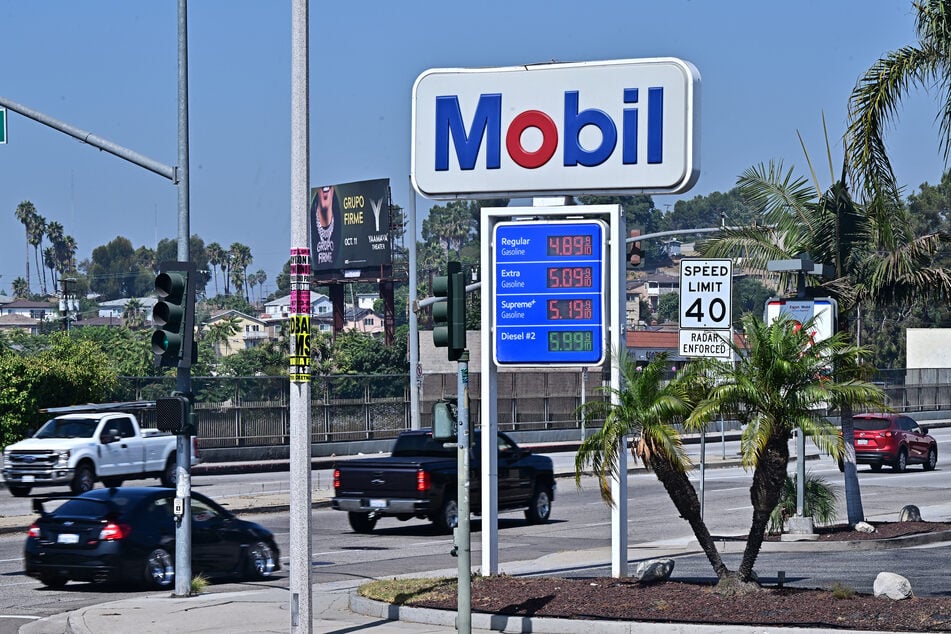US oil giants produce mainly at home – so why are they paying billions more in taxes overseas?
US fossil fuel giants produce most of their oil and gas domestically but pay billions more in taxes overseas than they do at home because of subsidies that have only grown during President Donald Trump's second term, a report said this week.

The analysis, titled America-Last and Planet-Last: How US Tax Policy Subsidizes Oil and Gas Extraction Abroad, looked at disclosures from 11 publicly traded US companies since 2017, finding they paid an effective current-year tax rate of 12.1% – far below the statutory 21% corporate tax rate.
In the case of Chevron this fell to 7.9%.
The US has assumed the mantle of the world's largest oil and gas producer in recent years. But even though the companies studied produced 51% of their output domestically, they owed just 18% of their total taxes in the US.
In one example, America's biggest oil company, ExxonMobil, was found to have paid $11.5 billion to the United Arab Emirates across 2023 and 2024 – nearly five times the amount it paid to the US in the same time.
Another leading US giant, ConocoPhillips, paid more than twice as much tax to Libya as it did to the US, despite producing more than 70% of its oil and gas domestically.
"The headline finding of our report is that these companies are indeed very lightly taxed. They are under-taxed relative to any kind of number of metrics," author Zorka Milin, of the nonprofit Financial Accountability and Corporate Transparency (FACT) Coalition told AFP.
"These policies make no sense economically, environmentally, or ethically," she added. "It's time for Congress to close these loopholes."
These low rates are driven by a web of industry-specific subsidies and rules that allow companies to offset US taxes with payments to foreign governments, including in countries plagued by corruption or weak oversight.
The oil and gas industry has benefited from tax subsidies dating back more than a century, when the US tax code was in its infancy.
But it has continually pressed for more, including spending $20 million on lobbying efforts in the six months leading to the passage of the Big, Beautiful Bill, which undid corporate tax reform measures put in place under former president Joe Biden.
Cover photo: Frederic J. BROWN / AFP
